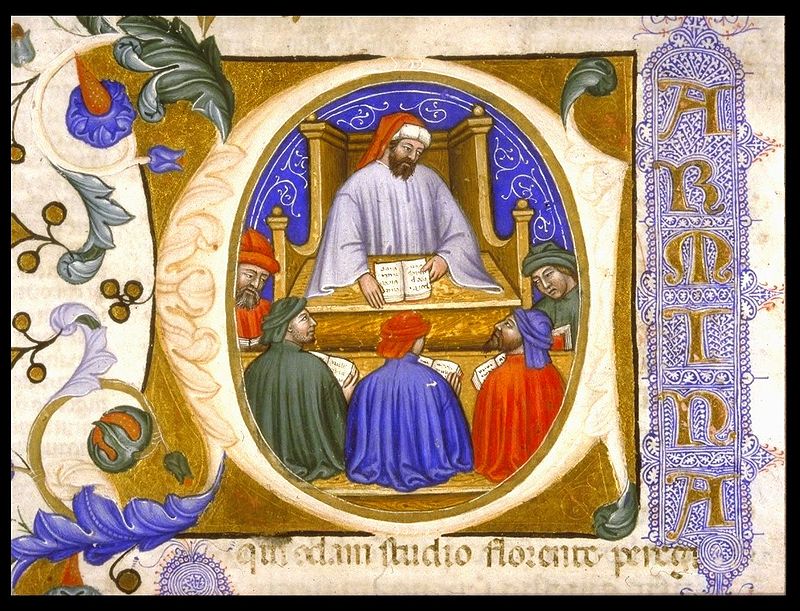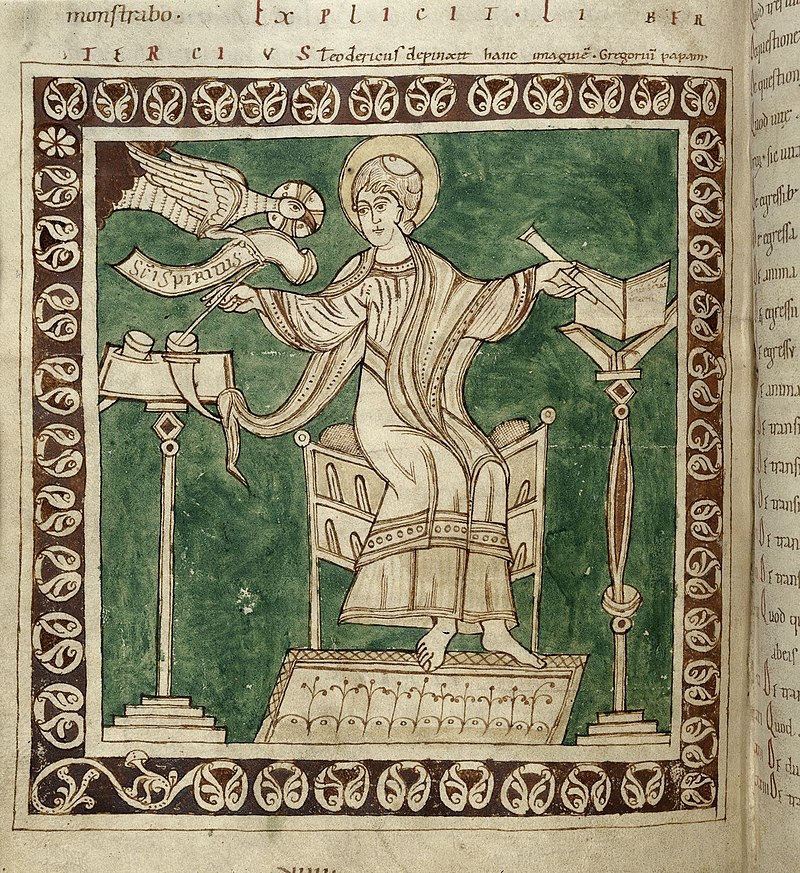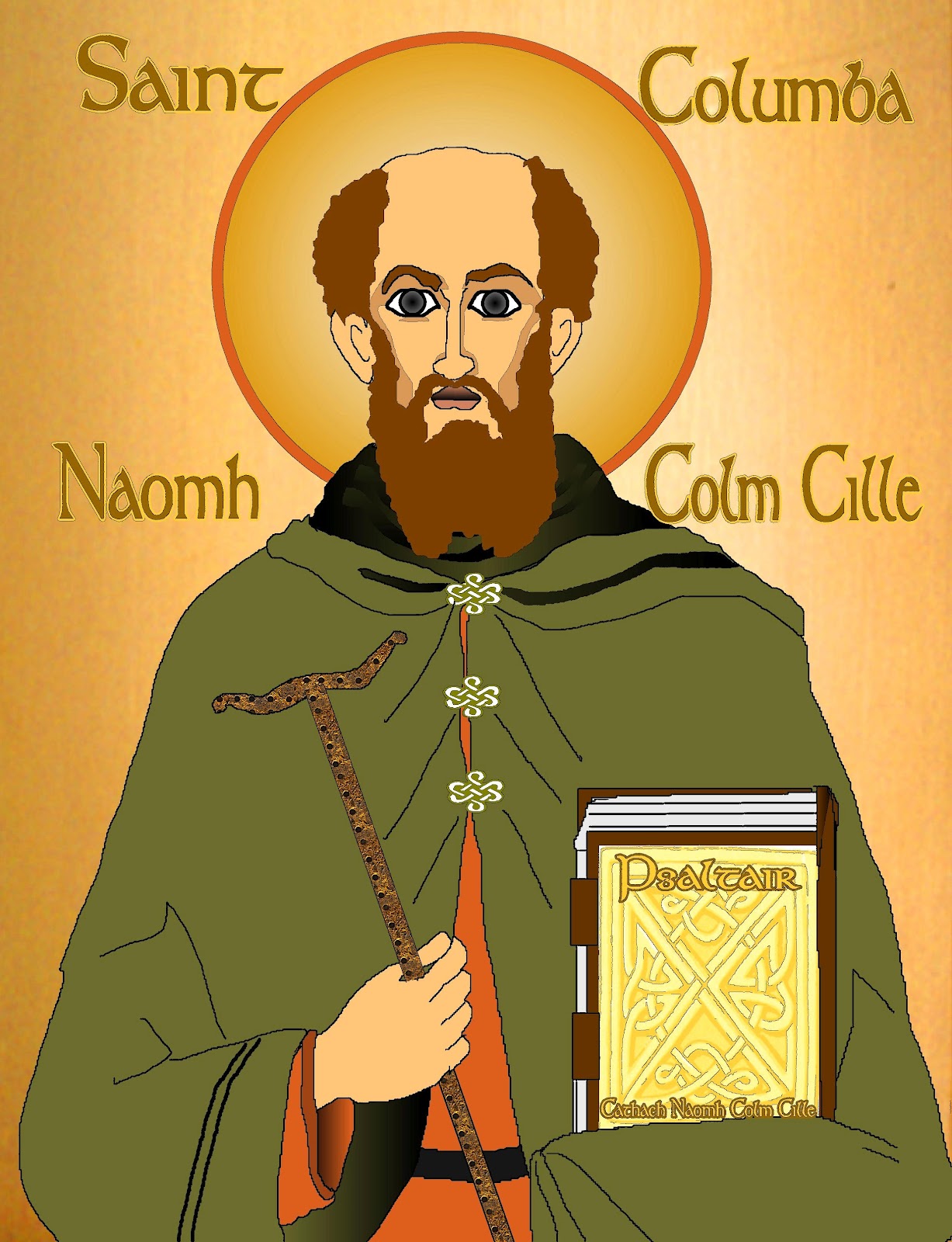10 Great People Who Lived in the 500s
2. Emperor Justinian I (482-565)
2. Theodora (500-548)
Theodora was the wife of Emperor Justinian I and served as the Byzantine Empress. She played a vital role in Justinian's rule, influencing policies, championing women's rights, and advocating for social welfare reforms.
3. Boethius (480-524)
Boethius, a philosopher and statesman, made significant contributions to the fields of philosophy, mathematics, and music theory. His work "Consolation of Philosophy" remains influential in the Western philosophical tradition.
4. Pope Gregory I (540-604)
Pope Gregory I, also known as Gregory the Great, was the Pope from 590 until his death. He played a crucial role in expanding the influence of the Catholic Church and is recognized for his contributions to liturgical music.
5. Procopius (500-565)
Procopius was a historian and scholar of the Byzantine Empire. His works, including "The Secret History" and "The Wars of Justinian," provide valuable insights into the political and military events of his time.
6. Saint Benedict of Nursia (480-547)
Saint Benedict of Nursia is considered the founder of Western monasticism. He established the Benedictine Order and authored the "Rule of Saint Benedict," which outlined guidelines for monastic life and spiritual discipline.
7. Empress Suiko (554-628)
Empress Suiko was the 33rd ruler of Japan and the first recorded reigning empress. She played a significant role in promoting Buddhism in Japan and fostering diplomatic relations with neighboring countries.
8. Aryabhata (476-550)
Aryabhata was an Indian mathematician and astronomer who made important contributions to the fields of mathematics and astronomy. His work on the concept of zero and the approximation of pi are notable achievements.
9. Columba (521-597)
Saint Columba, also known as Columba of Iona, was an Irish missionary and scholar. He played a crucial role in spreading Christianity in Scotland and is credited with establishing the monastic community on the island of Iona.
10. Emperor Wen of Sui (541-604)
Conclusion
The individuals who lived during the 500s left a lasting impact on their respective fields and the societies they were a part of. Their contributions in areas such as governance, philosophy, religion, mathematics, and literature continue to inspire and shape our world today. Through their achievements, they have become enduring figures in history, reminding us of the power of intellect, leadership, and cultural influence.

.jpg/800px-Mosaic_of_Justinianus_I_-_Basilica_San_Vitale_(Ravenna).jpg)
_v2.jpg/800px-Theodora_mosaic_-_Basilica_San_Vitale_(Ravenna)_v2.jpg)


.jpg)







0 Comments